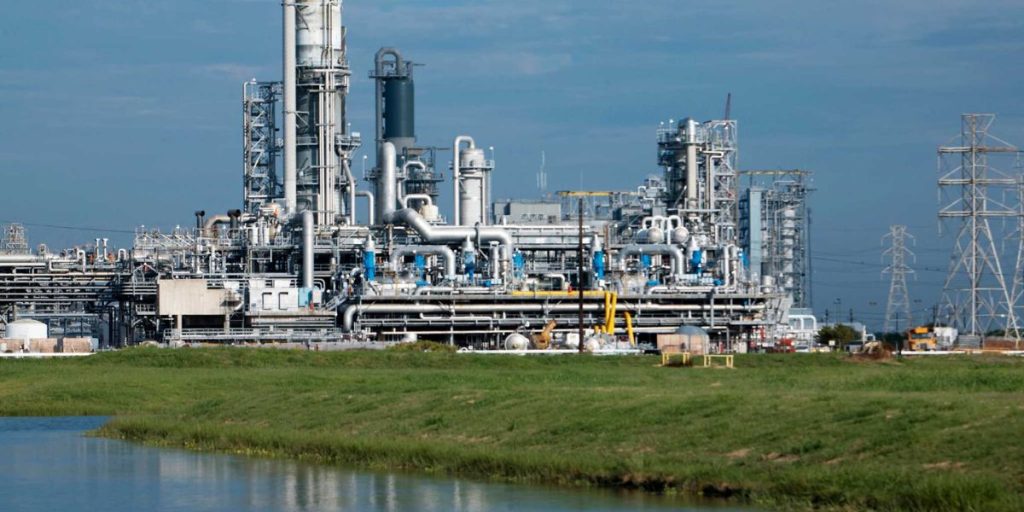Maryland is suing Gore-Tex, a waterproof material used in raincoats and other outdoor gear, for using “forever chemicals” after managers learned of their health dangers.
Delaware-based W.L. Gore & Associates operates 13 northern Maryland locations, according to the federal complaint filed last week. It claims the corporation poisoned the air and water around its facilities with per- and polyfluoroalkyl chemicals, harming local residents while profiting.
Other recent allegations include a 2023 class action on behalf of Cecil County residents that Gore pay for water filtration systems, medical bills, and other damages caused by decades of hazardous pollution in the rural region.
Gore spokesman Donna Leinwand Leger said the business is “surprised by the Maryland Attorney General’s decision to initiate legal action, particularly in light of our proactive and intensive engagement with state regulators over the past two years.”
In the class action and previous Gore litigation, attorney Philip Federico termed the company’s efforts “too little, much too late.” He stated residents are still suffering—one of his customers has renal cancer.
Synthetic chemicals are nearly indestructible and can build up in numerous places, including the body, making them highly dangerous. PFAS exposure has been associated to malignancies, immune system disorders, high cholesterol, reproductive health issues, and child development delays, according to the Environmental Protection Agency.
According to the state’s lawsuit, Gore management failed to warn residents around its Maryland plants of the potential hazards to protect their business image and avoid liabilities. The complaint calls it “a toxic legacy for generations to come.”
Since toxins are already in the environment, safeguarding residents requires expensive water filtration equipment. A class action complaint claims private well owners have excessive levels of hazardous contaminants in their water.
Gore has long been a feature in rural Maryland, over the Delaware border. Wilbert Gore left DuPont to create the company, which now employs over 13,000 people, in 1958.

The discovery of Gore-Tex, a lightweight waterproof material made by stretching polytetrafluoroethylene (Teflon) used to coat nonstick pans, raised its profile. A membrane with billions of pores tiny than water droplets makes Gore-Tex fabric ideal for outdoor gear.
The state’s complaint alleges that Gore and DuPont knew about the chemicals’ hazards but kept quiet to enhance profits. It claims DuPont scientists knew the chemical caused liver responses in rats and dogs in 1961.
DuPont has been sued extensively recently. The company and two spinoffs signed a $1.18 billion deal last year to resolve charges of forever chemical pollution of U.S. drinking water systems.
Gore is being sued by Maryland for investigation and cleanup fees, among other damages. Following lawsuits from neighbors alleging tainted drinking water, state regulation has increased.
Cecil County had minimal oversight of the enterprise until then. Gore removed perfluorooctanoic acid from Gore-Tex raw materials in 2014. Attorneys argue its extended environmental persistence causes long-term effects.
According to a webpage, Gore has hired an environmental consulting agency to test the region and given bottled water and water filtration equipment to communities near Maryland sites for two years.
State officials reported perfluorooctanoic acid levels in drinking water around Gore sites that exceeded EPA guidelines.
State attorneys acknowledged Gore’s continuing investigation and remedies but said the corporation could be a better neighbor.


 by
by 

